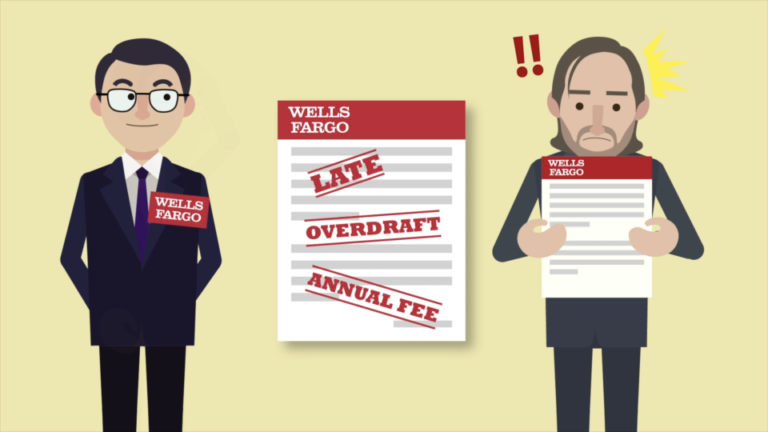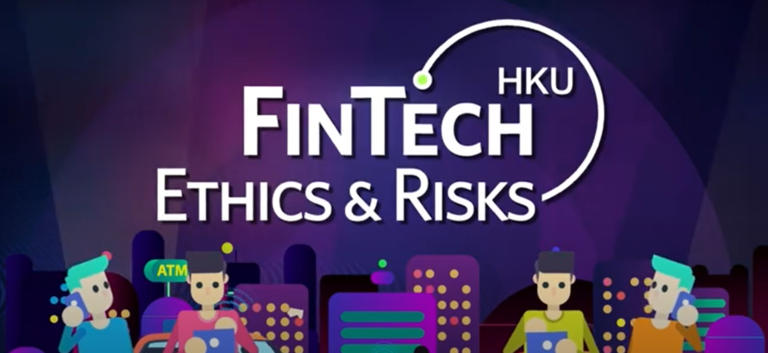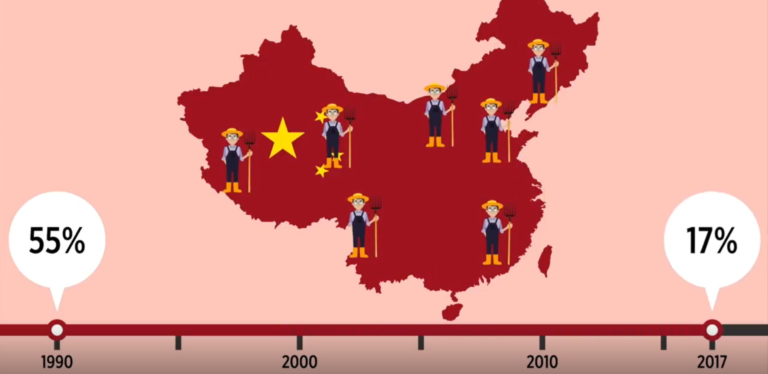Transcript
Accountability is really a subset of governance and regulation and is essentially a question about fairness and who is responsible when things go wrong.
Many of the governance structures that we rely on in society try to make it clear who is accountable when a problem arises. But as you will see throughout the book, as the world gets less and less proximate, it is simultaneously getting harder to determine who should be held accountable for certain injuries. And FinTech innovations might be making it even harder.
Consider the Wells Fargo case we discussed earlier, were the people responsible for violating customer trust held accountable? As mentioned, the bank’s initial reaction was to terminate 5300 mid-level managers for their involvement in the program. But what about the leaders who created and pushed the program? It seems pretty clear in that case there was an accountability gap.
This question of accountability is also relevant to technology. Consider a social media platform that you frequently use, say Facebook, Twitter, YouTube or their equivalents in your country. If there is inaccurate or even harmful content posted there, who is accountable for that? Surely, we would say the individual who created and posted it. But should the technology platform hosting the content also be responsible?
This is an important question and in the wake of fake news and some tragic incidents, there is understandably a lot of debate about who should be accountable.
In some countries like Singapore, we may have an initial answer. Singapore is planning to implement a new law that will require online media outlets to issue warnings, possibly correct, and in some situations even force Film. Before this, such platforms could act at their discretion to close accounts or limit false information.
The United Kingdom may eventually go even further in their efforts to regulate the internet through a recently proposed law that would make technology companies more legally liable for the content they host through fines, penalties, and direct litigation. Areas that the possible new law would cover include content that supports violence, and terrorism, promotes suicide, spreads false information, and even cyberbullying.
So when considering accountability for technology companies, including FinTech firms, it seems that society may no longer be satisfied with attempts at self-regulation, which then raises the broad question of how large technology companies should be regulated. Additionally, should TechFins be regulated and treated differently than large financial firms? What should be the standard and should it be global?
Discussion Questions
If there is inaccurate or even harmful content posted on a social media platform, who should be held accountable?







